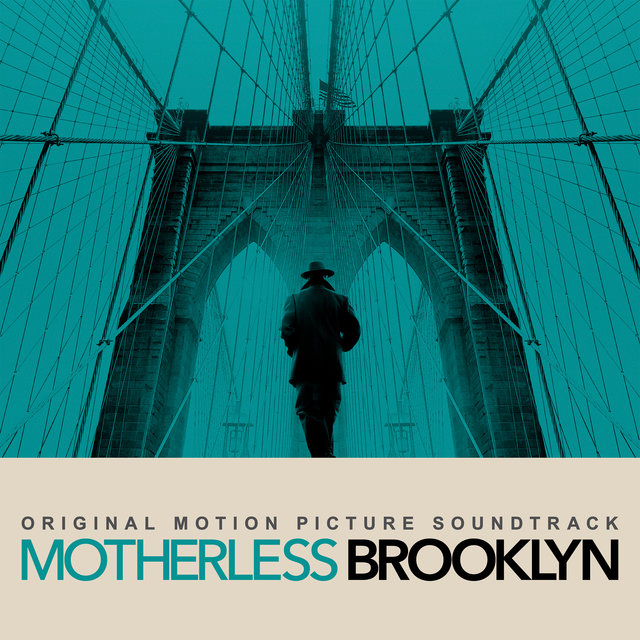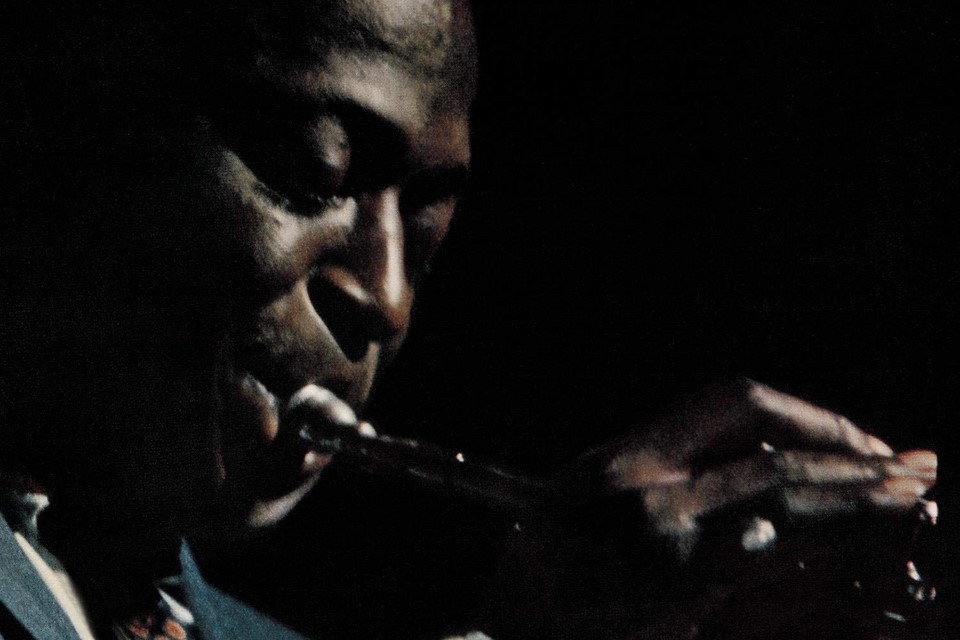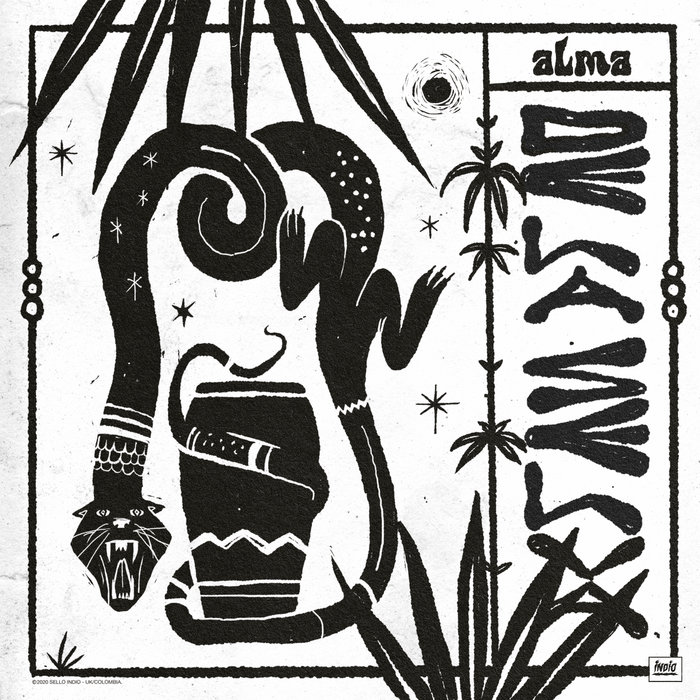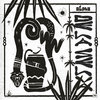Thanks for the share

. I watched this movie last night (Prime video) and
almost liked it! The excellent Jazz soundtrack complements the narrative, very well.
This film is based on Jonathan Lethem's, 1990s book of the same name. But, Edward Norton has transposed the tale to 1957 from the 1980s in the book, to make the characters seem more authentic. The end result is that we have a film which resembles the film noir era, albeit with a modern touch.
Edward Norton plays a detective, Lionel, with an incredible memory, some OCD and Tourette's syndrome. The affliction in his brain causes him to suddenly blurt out meaningless and often objectionable words, which results in several humorous exchanges throughout the movie. Many of these are unintended, resulting due to Lionel's condition, but its there and gives the movie some of the deadpan humor resembling the period. Norton was excellent here as the funny/sad loner detective.
The movie's plot (not the ending) is quite predictable, but the very good acting overall (especially Edward Norton), decently developed characters and the fast pacing kept this on a boil, till the end. This also brings back memories from a period (like Roman Polanksi's "Chinatown") involving a lone investigator getting embroiled in a convoluted scheme he never imagined when he started out on. Instead of over the top action and special effects, this uses the narrative, characters, structure and soundtrack to build and maintain its tension.
However, there are some trite and in your face elements in the story, which might dampen the mood











